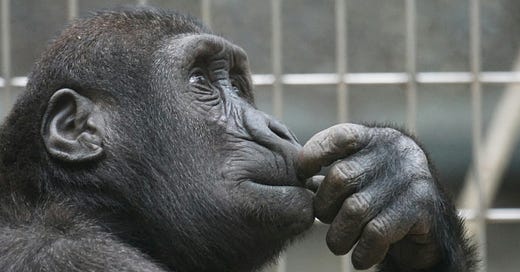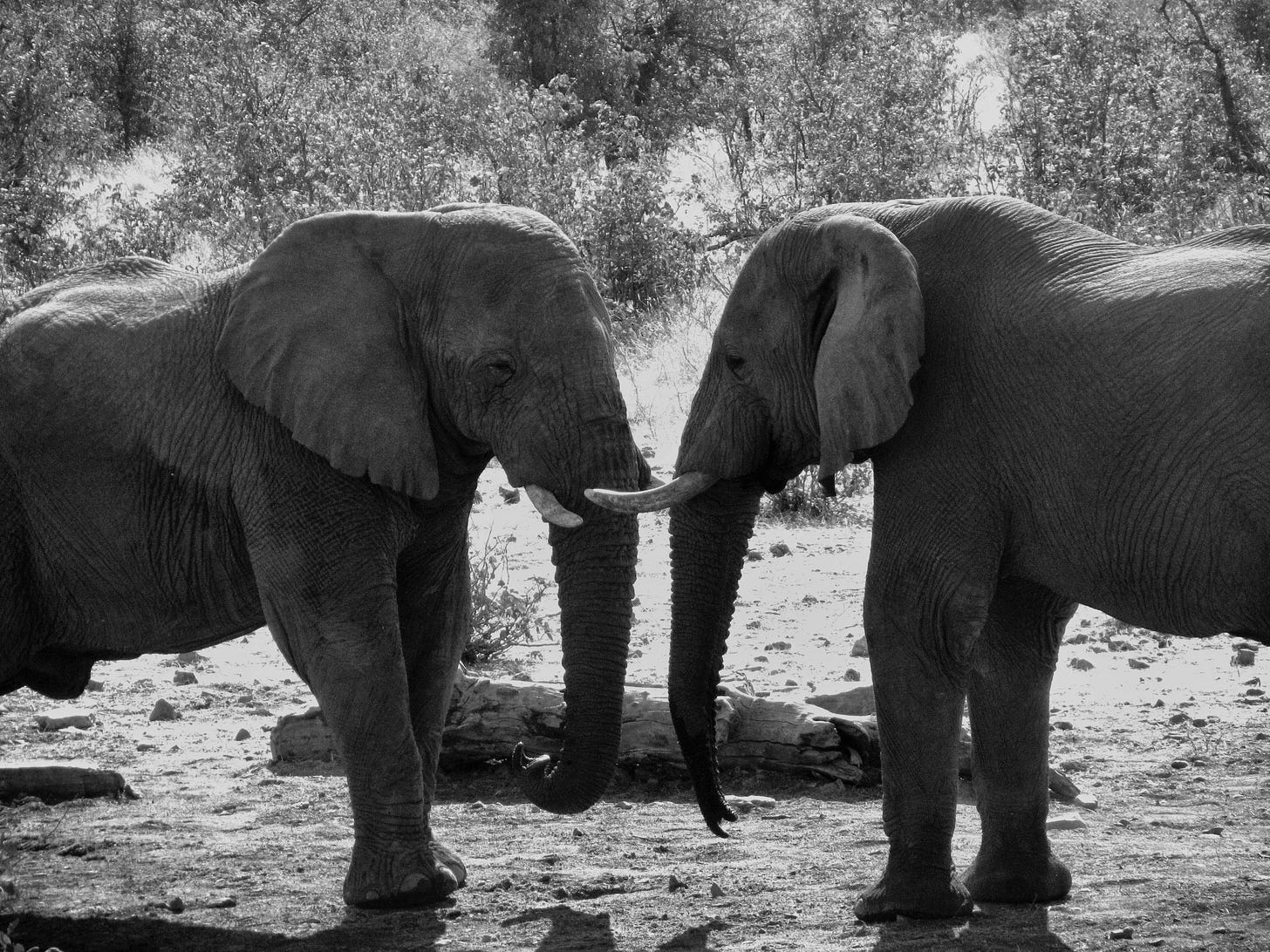In recent years, a wave of groundbreaking research has revolutionized our understanding of animal cognition, challenging long-held assumptions and reshaping the landscape of animal welfare. This cognitive revolution has profound implications for how we treat and interact with animals. It calls for a reevaluation of our role in nature as compassionate stewards rather than exploitive dominators.
The Cognitive Capacities of Animals
Research has revealed that many animals possess sophisticated cognitive abilities once thought to be exclusive to humans. For instance, studies on farm animals such as cattle, horses, pigs, and small ruminants have shown that these animals can discriminate between individuals, recognize human handlers, and respond to subtle behavioral cues. These findings suggest that farm animals have complex social cognition, which should significantly impact their welfare and our management practices.
Moreover, the discovery that elephants can recognize and respond to their names highlights their advanced communication skills and self-awareness. This ability to use unique vocalizations to identify individuals is akin to human naming and suggests a level of abstract thought previously unconfirmed in elephants.
Technological Innovations in Animal Cognition Research
Technological advancements have played a crucial role in propelling our understanding of animal cognition. Tools such as drones, artificial intelligence, bio-loggers, and acoustic monitoring devices have allowed researchers to observe and analyze animal behavior in unprecedented detail. These innovations have provided new insights into the lives and minds of animals, revealing their capacity for problem-solving, memory, and even emotional experiences.
For example, bees have been observed engaging in playful activities, such as rolling wooden balls, while cleaner wrasse fish exhibit self-recognition in mirrors. Octopuses, known for their problem-solving skills, respond differently to environments associated with past pain, indicating a form of memory and emotional response.

Ethical Implications and Animal Welfare
The growing body of evidence supporting animal consciousness has significant ethical implications. Recognizing animals as sentient beings capable of experiencing emotions and pain necessitates a reevaluation of how they are treated in various contexts, including agriculture, research, and conservation.
The New York Declaration on Animal Consciousness, signed by prominent neuroscientists, biologists, physicists, and philosophers, asserts that non-human animals possess the neuroanatomical, neurochemical, and neurophysiological substrates of conscious states. This declaration challenges the historical view that animals are mere automata without feelings or self-awareness and calls for a more compassionate approach to animal welfare.
In practical terms, this means that animal welfare practices must be adapted to meet the cognitive and emotional needs of animals. For farm animals, this could involve providing enrichment items and social interactions that align with their natural behaviors and preferences. For captive animals, such as those in zoos or research facilities, it means creating environments that reduce stress and promote well-being.
The Broader Philosophical Perspective
The recognition of animal cognition is akin to discovering that we are not alone in the universe. Just as the search for extraterrestrial intelligence (SETI) seeks to understand other forms of life beyond Earth, the study of animal minds reveals the rich tapestry of consciousness that exists within our own planet. This realization challenges us to rethink our place in the natural world and our responsibilities towards other sentient beings.
Philosophically, this discovery underscores the interconnectedness of all life forms and the shared capacity for consciousness. It prompts us to consider the ethical implications of our actions and to adopt a more holistic and compassionate approach to our interactions with the animal kingdom. By embracing the evidence of animal consciousness, we can create a more compassionate and ethical world for all living beings.
The cognitive revolution in animal research is not just a scientific breakthrough; it is a call to humanity to rethink our relationship with the animal kingdom. By embracing the evidence of animal consciousness, we can create a more compassionate and ethical world for all living beings.
A Call to Action
As we continue to uncover the depths of animal cognition, it is imperative that we translate this knowledge into action. This involves not only improving the conditions under which animals are kept but also advocating for legislative reforms that recognize and protect animal sentience.
In my work with animal welfare organizations, I have seen firsthand the transformative impact of recognizing animals as sentient beings. From implementing humane shelter practices to advocating for policies that protect wildlife and livestock, the acknowledgment of animal cognition has the power to drive meaningful change.
The cognitive revolution in animal research is not just a scientific breakthrough; it is a call for humanity to rethink our relationship with the animal kingdom.
Ed Boks is a former Executive Director of the New York City, Los Angeles, and Maricopa County Animal Care & Control Departments. He is available for consultations. His work has been published in the LA Times, New York Times, Newsweek, Real Clear Policy, Sentient Media, and now on Animal Politics with Ed Boks.
Contact Ed Boks Consulting to transform your organization's approach to animal welfare! With a proven track record of reducing euthanasia rates and increasing pet adoptions in some of the largest animal control programs in the United States, Ed Boks offers unparalleled expertise in strategic planning, program development, and organizational efficiency. Whether you need help with capacity building, crisis management, or legislative lobbying, Ed Boks Consulting provides the innovative, compassionate solutions your organization needs to achieve and sustain success. Don't wait—reach out now to start making a life-saving difference! animalpolitics8@gmail.com






Another excellent and informative article. A lot to think about. I'd like to suggest one thing we can all do. Think about your language. Stop referring to animals as "its." Reserve that for inanimate objects. If you do not know the gender - pick one. And stop using derogatory expressions - like "he's a fat pig," "kill two birds with one stone, " beat a dead horse," "gone to the dogs" or saying "like a dog," or what I have seen in tabloids "wolf pack" referring to unruly people.
I have always felt animals are sentient beings. It really hit home for me too when I watched “My Octopus Teacher”. It is a documentary and can be seen on Netflix.